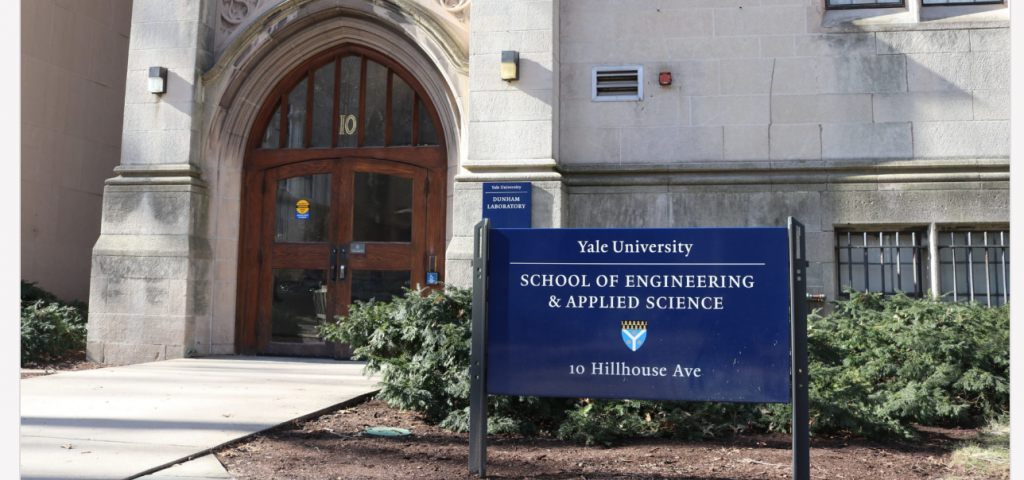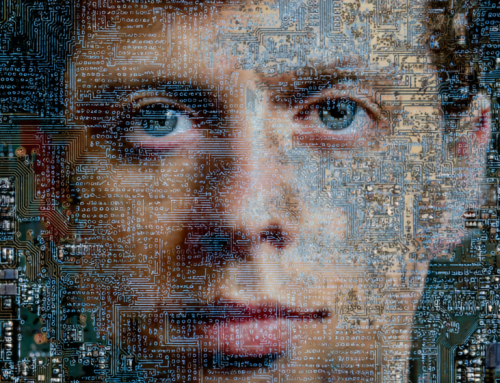
Yale University is one of several educational institutions working to create programs to provide job interview training for autistic adults.
College Program Aims to Train Autistic Adults to Interview Comfortably
In 2020, the CDC reported that approximately 1 in 54 children in the U.S. is diagnosed with an autism spectrum disorder (ASD), according to 2016 data. Boys are four times more likely to be diagnosed with autism than girls.
In the 1988 movie Rain Man, actor Dustin Hoffman portrays an adult with autism, one with amazing powers of memory and savant skills in mathematics. The film also showed some of the challenges he faced.
Last week, Scott Pelley of 60 Minutes reported that some companies are seeking autistic employees due to their abilities to see patterns in large amounts of data.
This week a new story on the same subject appeared on yaledailynews.com. One of the points that the 60 Minutes story made is that autistic adults struggle with their first job interview. Yale researchers have been addressing that issue with a new programming project.
The project is a collaboration between experts at Vanderbilt, Yale, Cornell and the Georgia Institute of Technology. It consists of developing multiple pieces of technology, each one aimed at a different aspect of supporting people with Autism Spectrum Disorder (ASD) in the workplace, according to Nilanjan Sarkar, professor of engineering at Vanderbilt University and the leader of the project.
“We realized together that there are some support systems for children with autism in this society, but as soon as they become 18 years old and more, there is a support cliff and the social services are not as much,” Sarkar said.
The project began a year ago with preliminary funding from the National Science Foundation. The NSF initially invested in around 40 projects, but only four — including this one — were chosen to be funded for a longer term of two years.
Companies find it beneficial to hire people with strong visual and spatial abilities because these skills can be very useful, especially for working in technology, according to Maithilee Kunda, assistant professor of computer science and computer engineering at Vanderbilt University.
Kunda leads the effort to develop AI and cognitive modeling that analyzes a person’s visual reasoning abilities. Then, based on the analysis, people are connected with job positions they might excel in. This is done through an assessment consisting of a series of puzzles during which the test-taker wears an eye-tracker and is monitored with cameras. The researchers then use the measurements they take from both the sensors and the test to study the visual thinking process of the test-taker, according to Kunda.
Sarkar and his lab are creating an interview simulation that would allow someone to practice the interview process, which is often difficult for people with ASD. The interviewing simulator tracks the participant’s stress levels as they undergo a practice interview. Once the sources of an individual’s stresses are known, the individual can work to overcome their stress and better manage their social anxiety.
The article explains in detail the challenges those with autism have in securing jobs and what job providers still face when trying to match them up.
read more at yaledailynews.com







Leave A Comment